Zelensky warns of 'ugly' Russian attacks ahead of Ukraine’s Independence Day
Ukrainian President Volodymyr Zelensky has warned of more severe attacks from Russia ahead of the country’s Independence Day as Russian forces continue to make rapid territorial advances across the war-ravaged country.
Urging vigilance, Zelensky claimed on Monday that Moscow may try "something particularly ugly" ahead of Wednesday, which marks Ukraine's 31st anniversary of independence from the former Soviet Union.
Russia launched a military operation in Ukraine in late February, following Kiev’s failure to implement the terms of the Minsk agreements and Moscow’s recognition of the breakaway regions of Donetsk and Luhansk.
At the time, Russian President Vladimir Putin said one of the goals of what he called a “special military operation” was to “de-Nazify” Ukraine.
"All of Ukraine's partners have been informed about what the terrorist state can prepare for this week," Zelensky asserted in his nightly video address as quoted in a Reuters report, referring to Russia.
The Western-backed Ukrainian president further stated that he had discussed "all the threats" with French President Emmanuel Macron and word had also been sent to other leaders, including Turkish President Tayyip Erdogan and the United Nations Secretary-General Antonio Guterres, according to the report.
He said if Moscow goes ahead with plans to try captured Ukrainian officers in Mariupol, it would violate international rules and halt negotiations with Russia.
"If this despicable show trial were to go ahead ... this would be the line beyond which negotiations are no longer possible," Zelensky asserted. "There will be no more conversations. Our state has said everything."
Zelensky’s remarks came as Russian artillery shells pounded the Ukrainian city of Nikopol, near Zaporizhzhia -- Europe's largest nuclear plant -- while missiles targeted Kiev’s munitions depot containing newly-arrived US-made weaponry near the Black Sea port of Odesa over the weekend.
Moscow declared on Sunday that its Kalibr missiles had destroyed an ammunition depot containing missiles for US-made HIMARS rockets in Ukraine's southeastern Odesa region, also home to ports critical to an UN-brokered plan to help Kiev export its agricultural products.
The fighting near Zaporizhzhia and a missile strike on the southern town of Voznesensk, not far from Ukraine's second-largest atomic plant, have spurred fears of a nuclear accident.
Following the battlefield developments on Sunday, US President Joe Biden, outgoing British Prime Minister Boris Johnson, German Chancellor Olaf Scholz, and French President Macron held separate phone conversations with the Ukrainian leader, underlining the importance of ensuring the safety of nuclear installations, while reiterating their "steadfast commitment" to Kiev.
Ukrainian officials also reported more Russian strikes on targets in the east and south of the country.
In the eastern Bakhmut region, Russian forces inflicted damage from artillery and multiple rocket launcher systems in the areas of Soledar, Zaytseve, and Bilogorivka settlements, Ukraine's General Staff announced in its daily update on Monday.
They continued to focus their efforts on establishing full control over the territories of Luhansk and Donetsk regions, maintaining the captured areas of Kherson and parts of Kharkiv, Zaporizhzhia, and Mykolaiv regions, the General Staff further noted.
Meanwhile, in Russia, authorities are still probing a suspected car bomb terrorist attack outside Moscow that killed the daughter of Alexander Dugin, an influential political philosopher.
While investigators maintained that they were considering "all versions" when it came to establishing who was responsible, the Russian Foreign Ministry speculated the terror attack could be a link to Kiev, something a Zelensky adviser has reportedly dismissed.
"Ukraine, of course, had nothing to do with this because we are not a criminal state, like the Russian Federation, and moreover we are not a terrorist state," Mykhailo Podolyak proclaimed on Ukrainian TV.
Last week, Russia’s Defense Ministry declared that it had relocated three MiG-31E warplanes equipped with nuclear-capable hypersonic Kinzhal missiles to its exclave of Kaliningrad on the coast of the Baltic Sea, with the goal of being on “round-the-clock combat duty.”
The city of Kaliningrad, which fully belongs to Russia, is located between the EU and NATO members of Lithuania and Poland. The two countries have taken sides with Kiev in the war.
Late last month, Putin said the Russian Navy would receive what he called “formidable” hypersonic Zircon cruise missiles in coming months. The missiles are said to be capable of traveling at nine times the speed of sound, outrunning air defenses.
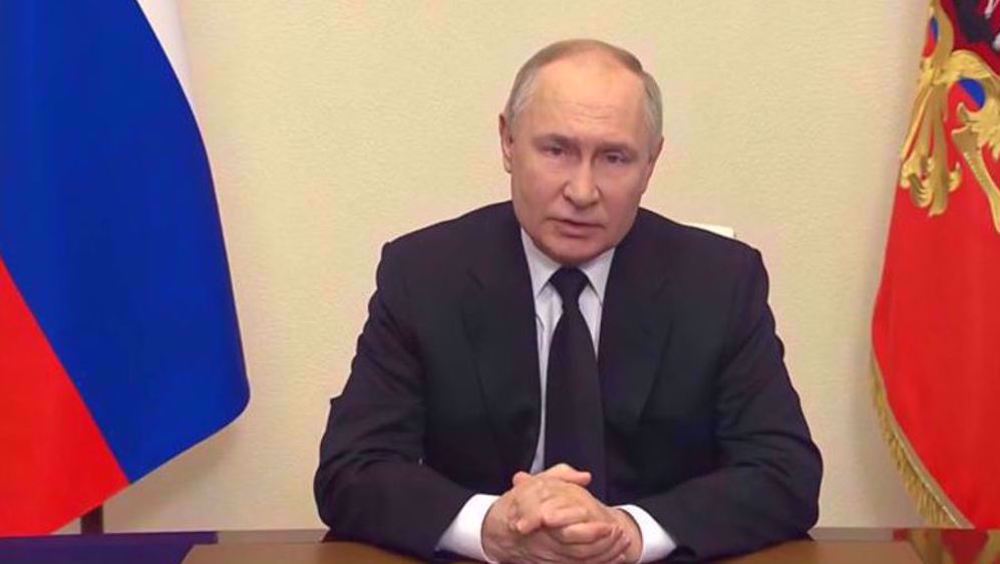
Putin orders emergency planes to Iran after blast at port of Bandar Abbas
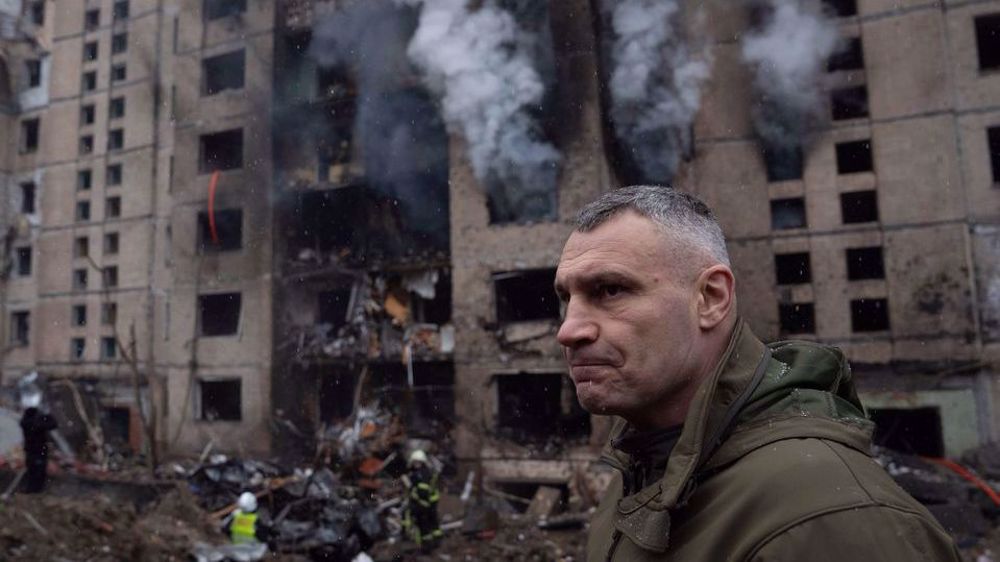
Ukraine may have to 'give up land' to Russia to secure peace: Kiev mayor
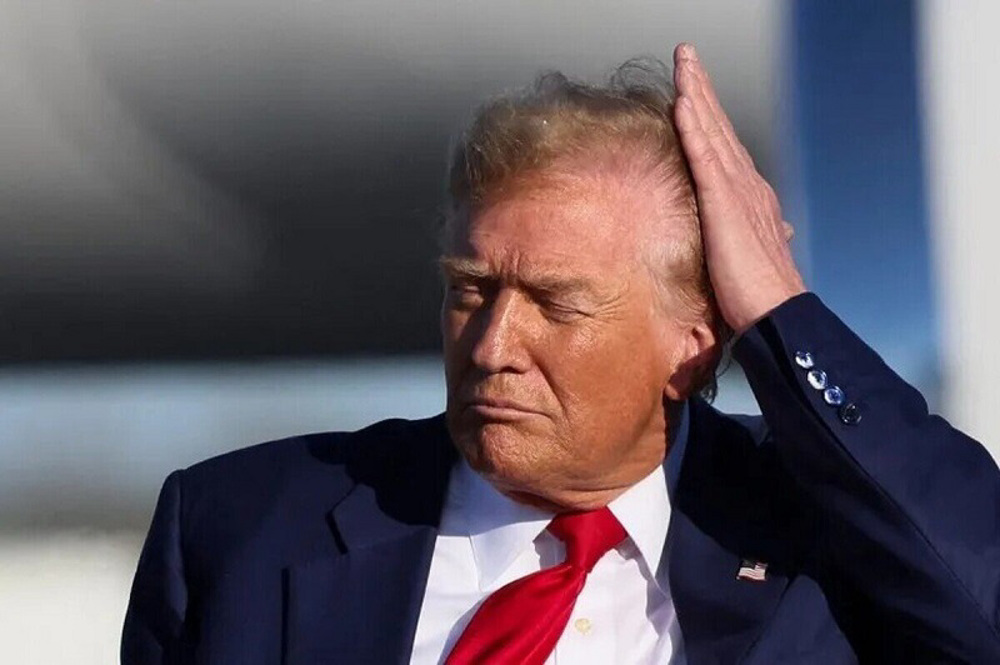
Trump Ukraine mediation muddle
IAEA director speaks with Araghchi about Iran-IAEA cooperation
US airstrike on Yemeni capital kills 8 people
VIDEO | Iran multilayered diplomacy
VIDEO | Press TV's news headlines
Iran more than halved its power grid losses to 10% in 16 years: Expert
Abbas names likely successor in move deemed ‘illegitimate, divisive’
Illegal Israeli settlers attack Palestinian school in occupied West Bank
VIDEO | Israeli forces tighten siege on Jenin refugee camp


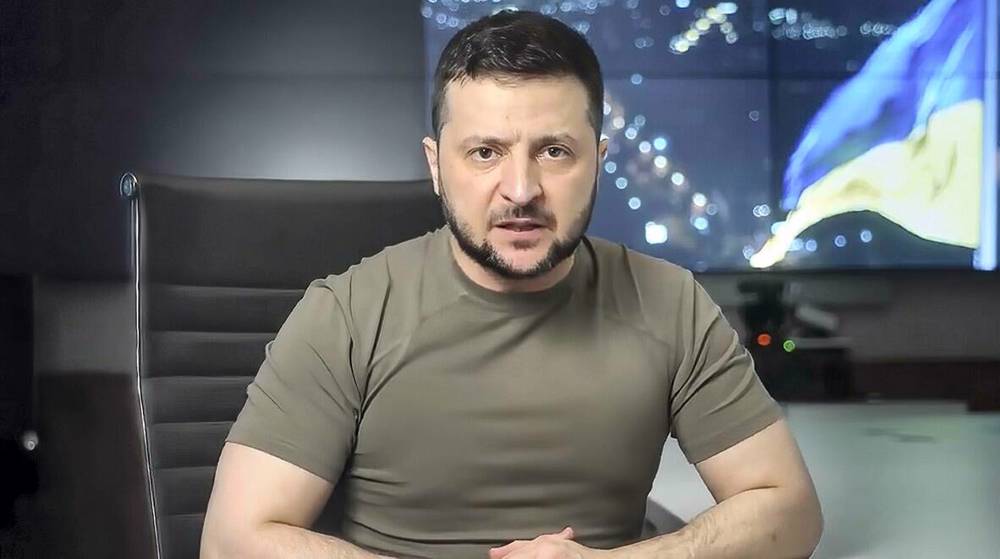
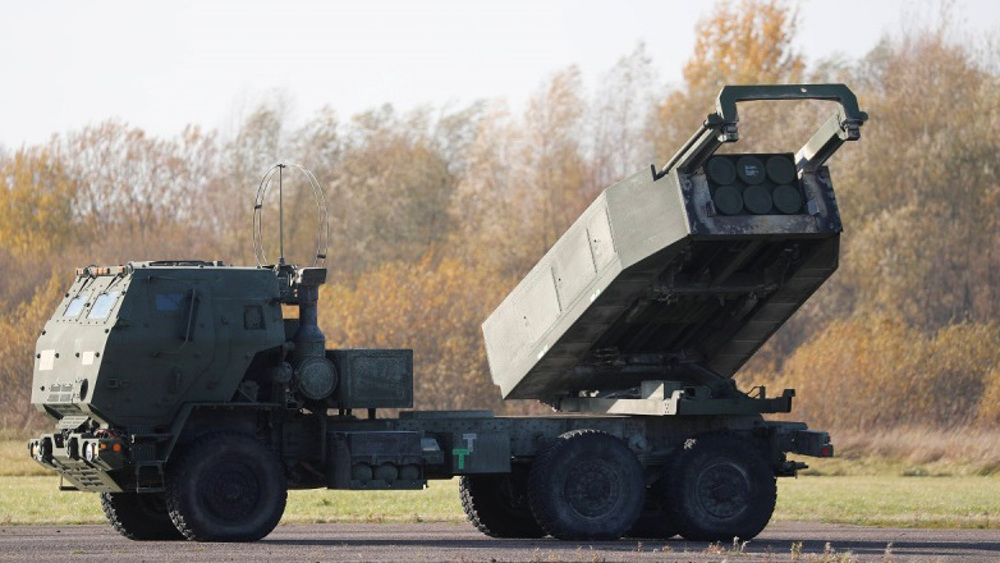




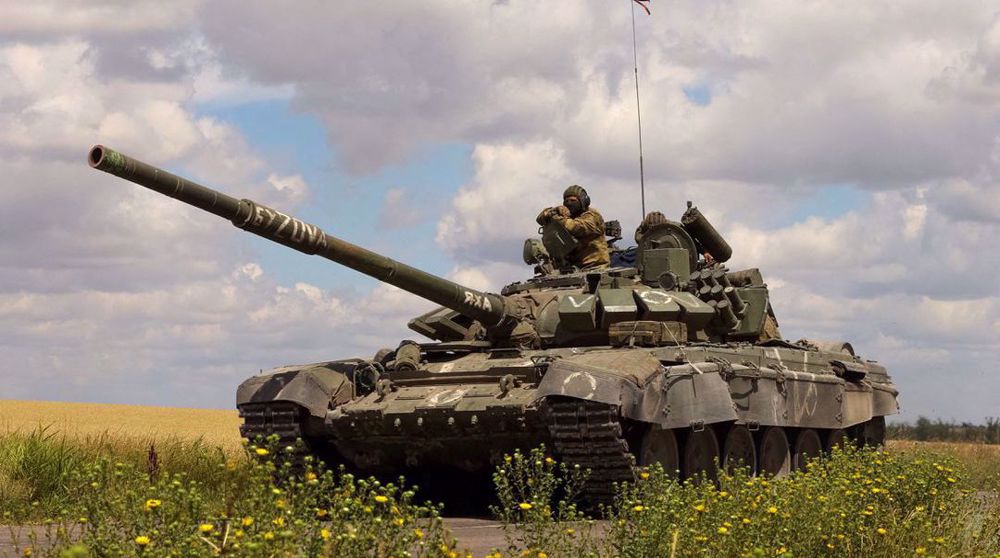
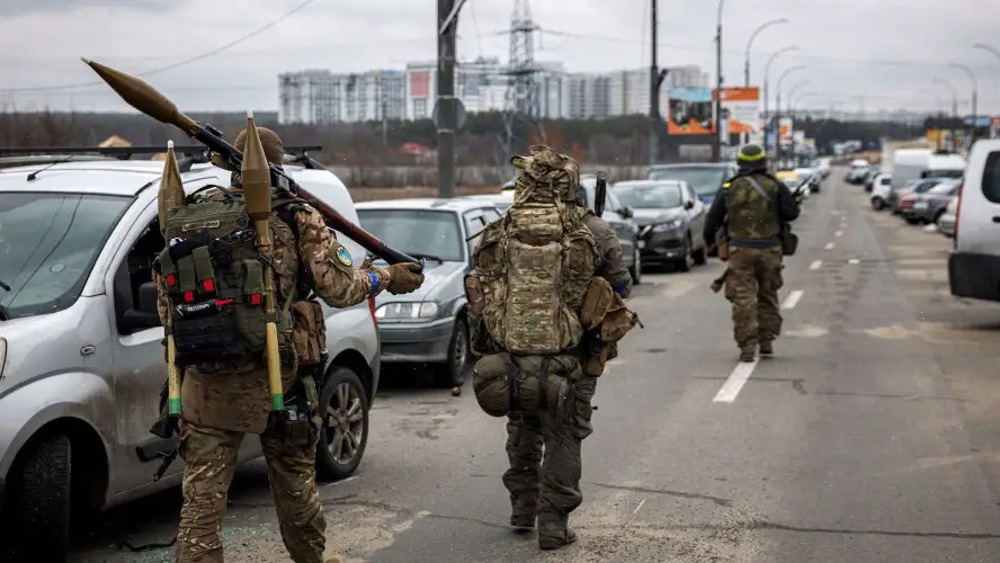


 This makes it easy to access the Press TV website
This makes it easy to access the Press TV website